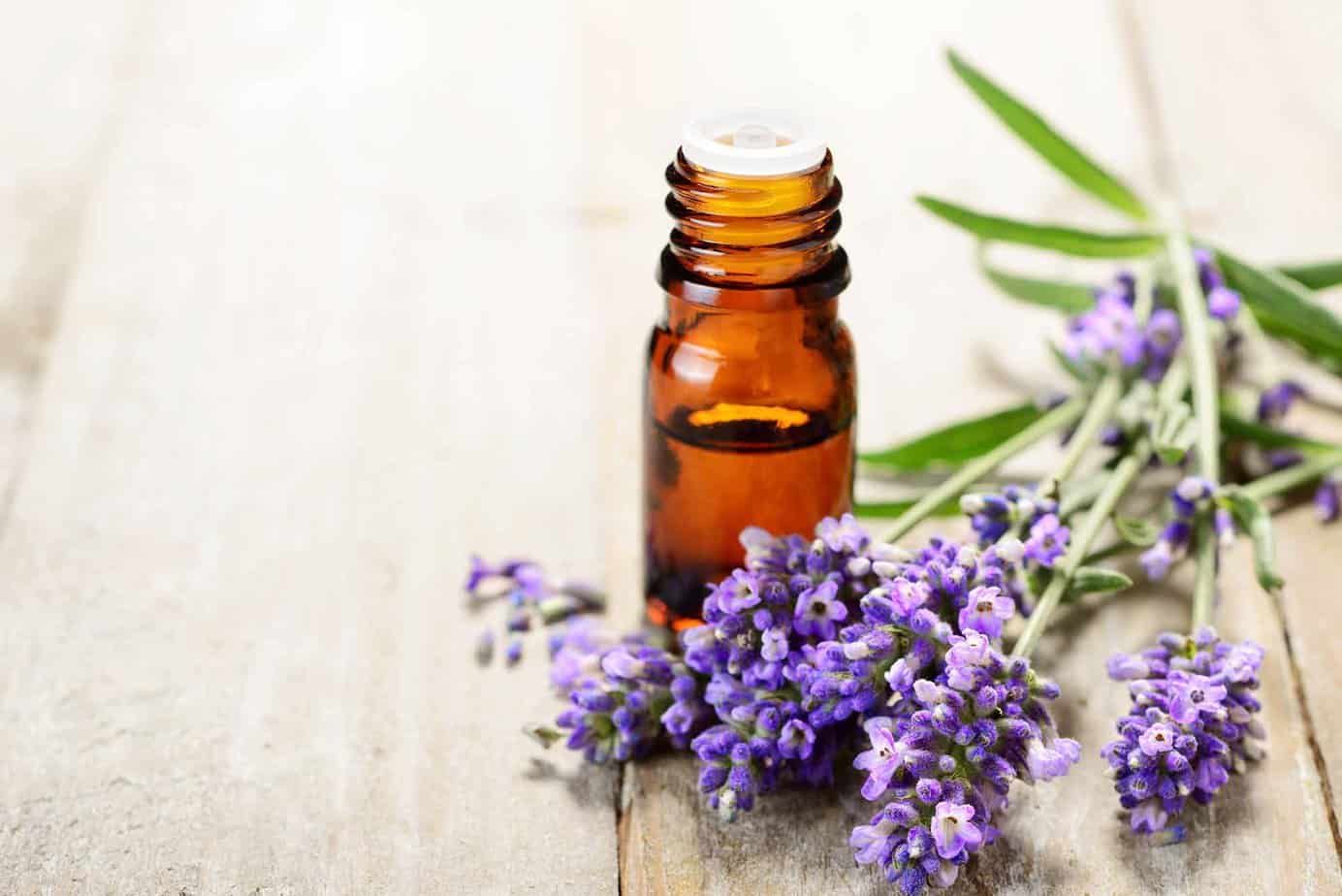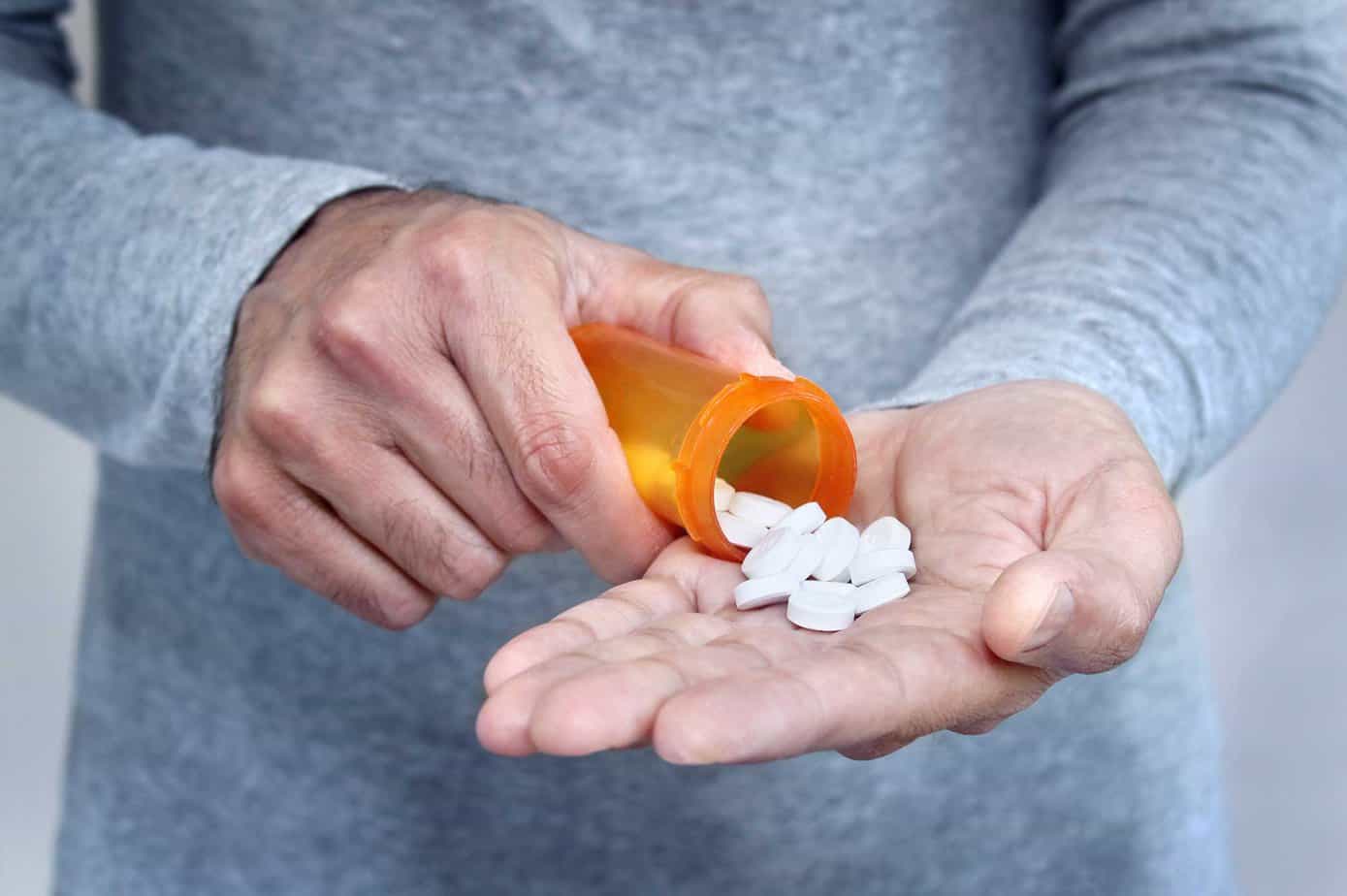Alcoholism and drug addiction are often the result of self-medicating to cope with emotional or physical pain and discomfort. In order to achieve a lasting recovery and a life filled with purpose and joy, an individual in early recovery must learn new ways of coping with the stresses of life. The use of essential oils is a simple and effective way for them to maintain emotional balance, physical health, and vitality in their recovery.
How Oils Work
The use of essential oils dates back at least 4,500 years, according to PDR (People’s Desk Reference) for Essential Oils. They were used in ancient Egypt, China, Greece, the Persian Empire, the Roman Empire, and elsewhere throughout Europe. Since then, they have been used to fight microbes and bacteria, to reduce inflammation, to calm the mind, and to alleviate stress and other negative emotions.
Essential oils come from the most potent part of a plant and are distilled down to produce a medicinal-grade oil with that plant’s specific properties and benefits. Essential oils make the calming effects of nature convenient and accessible. The scents trigger electrical impulses that can have profound physiological and psychological effects, including the secretion of antibodies, neurotransmitters, endorphins, hormones and enzymes that promote physical and mental well-being.
Essential Oils and Their Uses
As essential oils can be applied directly to the body and absorbed through the skin or simply inhaled from the air, they are generally considered a safe and easy tool for self-treatment. Individuals can use essential oils with a diffuser or achieve a targeted effect by applying a small amount of oil to an acupressure point, often the wrists or soles of the feet.
There are many essential oils, all with unique applications, but this shouldn’t be intimidating. Essential oils are easy to find online or at health food stores, and individuals can find the right oil based on their symptoms or by smelling several of them and selecting whichever scent feels most calming and healing. Below are a few essential oils that can be used to help alleviate discomfort and strengthen recovery.
Frankincense is a powerful oil and one of the best choices if a person can only use a single scent. It can be applied to scar tissue to increase the generation of new cells and can be inhaled to reduce any anxiety and depression they may be feeling in recovery. From an oriental medicine perspective, frankincense also promotes the circulation of “qi” in the lungs — the energy that helps to regulate proper functioning of body.
Lavender has a strong calming effect. Like frankincense, it can be used for treating burns and scars, but it is also known to help with problems commonly experienced during early recovery such as insomnia, nervousness, and headaches. It reduces tension in the chest and, from an oriental medicine perspective, promotes the flow of liver qi.
Peppermint is an energizing oil that clears both the mind and the sinuses. It is useful for alleviating headaches, congestion, and sore throats, in addition to improving concentration that individuals may have noticed waning a lot in their recovery. It can also help them recover from any shock or trauma that they may be experiencing.
Where to Find Them
The advantages highlighted above are just a handful of the many benefits that can be reaped from using essential oils. Essential oils are a powerful tool and can play an important role in the ongoing process of recovery. While it may take some time for an individual to find the perfect oil, they will notice calming and clarifying effects that will undoubtedly strengthen their recovery for years to come.
If you or a loved one is struggling with addiction, Mountainside can help.
Click here or call (888) 833-4676 to speak with one of our addiction treatment experts.

 By
By 





